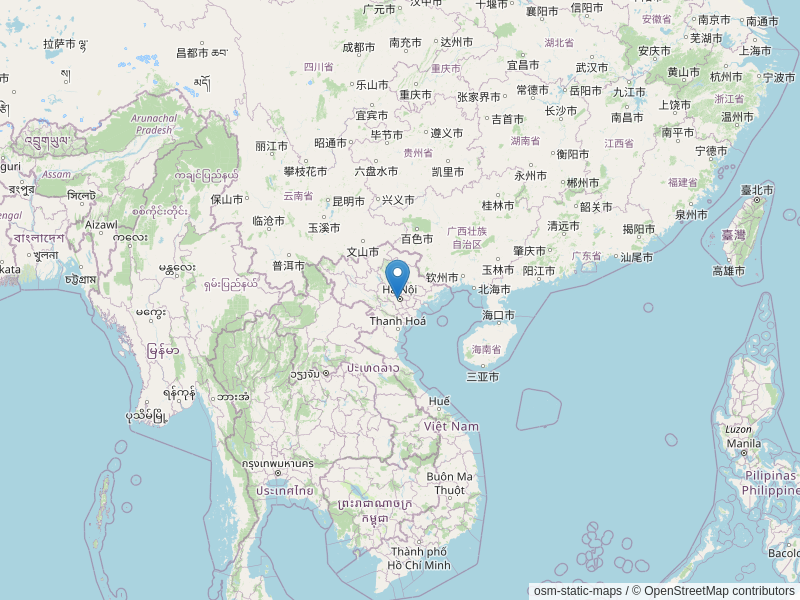Successful online workshop on university autonomy in Myanmar
University autonomy is seen as a key for the further development and success of the higher education reform process in Myanmar. To support this process, the German Academic Exchange Service (DAAD) together with the Rector´s Committee Myanmar conducted in October 2019 a first workshop on the topic of university autonomy in Yangon. Following the wish of Union Minister of Education Dr. Myo Thein Gyi to continue the dialog with partners in Myanmar, the DAAD and the Rector´s Committee organized a second workshop on September 21, due to COVID-19 as an online workshop.
While autonomy in the first workshop was discussed more in general, the aim of the second workshop was laid on the implementation of autonomy and on the governance structure, e.g. the role and responsibilities of a university council and a university charter.
In September, 16 universities in Yangon und Mandalay have been granted the right to become autonomous as part of a pilot project. Especially these universities but also others need to establish a university council and to compile a university charter as first important steps. So, this workshop came at the right time.
Presented by the director of the DAAD regional office in Hanoi, Mr. Stefan Hase-Bergen, Union Minister of Education Dr. Myo Thein Gyi welcomed the attendees. More than 300 participants followed the half day event online. He emphasized the relevance of autonomy for the future of higher education in Myanmar. Universities should become more autonomous in order to enhance their quality in teaching and research. But until today, universities in Myanmar lack experience and know how in implementing autonomy.
The German Ambassador to Myanmar, Mr. Thomas Neisinger, also underlined the importance of the higher education reform process and with regard to the first workshop on autonomy he pointed out: “Now that we know what it is and that we want it, how do we do it?”
As first expert, Dr. Christoph Strutz, vice president and head of administration of Leibniz University Hannover, explained how a higher education law in Germany works as the legal basis for governing a university and for a university charter. He especially emphasized the interdependence of the three most important steering boards of his university: The presidential board, the senate, and the university council.
Prof. Tomas Benz, president of the Vietnamese-German University (VGU), illustrated as second good practice the roles and objectives of the different boards for steering his university. VGU as a very young university has already achieved a high degree of autonomy, compared to other universities in Vietnam. However, the involved ministries still have a relevant influence in important decisions, e.g. the university budget or leadership positions of VGU.
Hanoi University of Science & Technology (HUST) is autonomous since 2016. Assoc. Prof. Hoang Minh Son who like the Union Minister did his PhD in Germany with a DAAD scholarship, led HUST as its president very successfully to autonomy. Today, HUST is seen as the leading technical university in Vietnam which also reached the top 1.000 of the Times Higher Education Ranking 2020 as one of only two Vietnamese universities. Prof. Son, since September being the chairman of the university council instead of its president, explained that autonomy could and should lead to more competition among the universities, an idea which is also supported by the Union Minister.
Dr. Dorothea Rüland is not only serving as secretary general of DAAD for ten years but also gained experience as a longstanding member of two German university councils. In her report, she underlined that the success of the work of a university council is very much depending on trust, transparency and a good communication. The members and particularly the chair of a university council need to be strong personalities who are devoted to their university. Alumni could play an important role as members of a university council.
All presentations were followed by many interesting questions of the participants, answered by the four experts. The intense discussions proved how important the topic of autonomy is right now but also made clear that there is still a high demand on expertise in Myanmar.
(Stefan Hase-Bergen, September 23rd, 2020)






